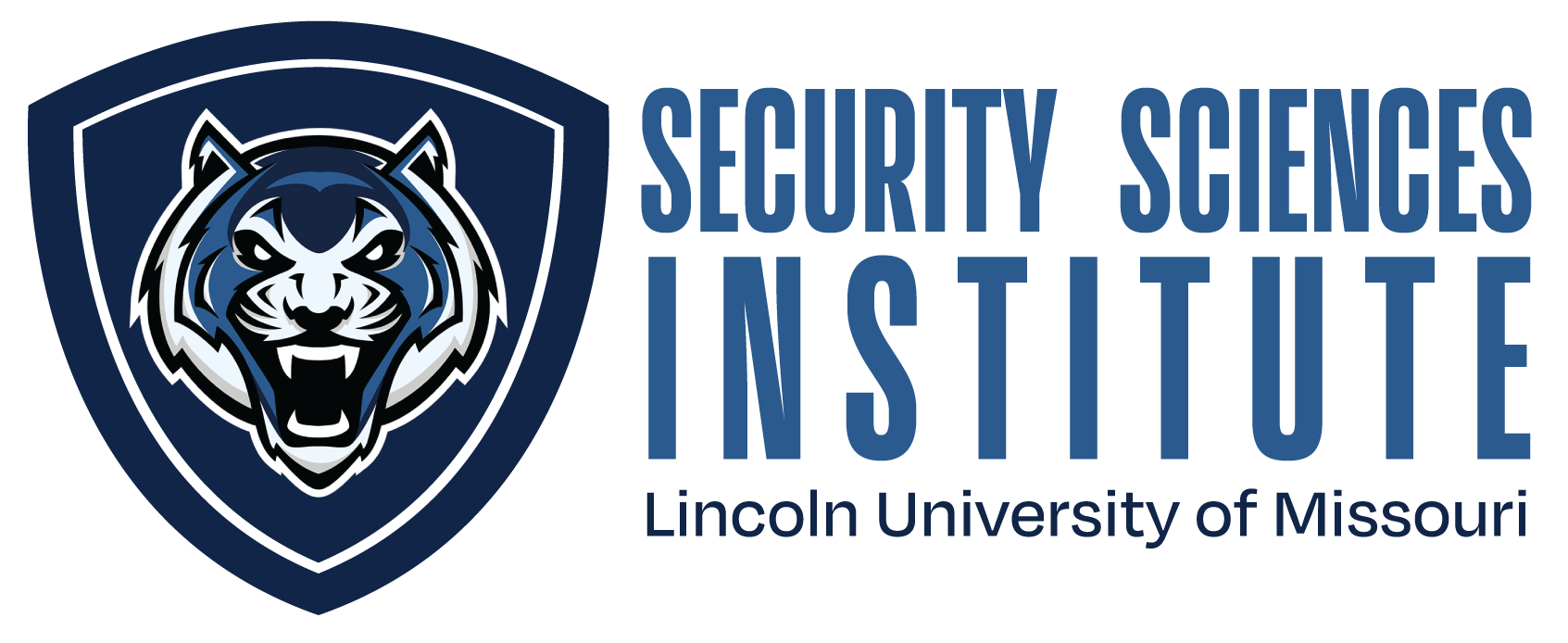Mental Health for First Responders Certificate

Elevate Your Readiness with Our 100% Online Mental Health Certification Program for First Responders
The Lincoln University of Missouri Mental Health for First Responders certification program is crafted to equip first responders with the essential self-assessment and mitigation skills needed to support their own emotional and mental health. Designed specifically to meet the unique challenges faced by emergency personnel, this program enhances their ability to provide effective support in high-pressure situations.
This LU Security Sciences Institute certification program is dedicated to empowering first responders with comprehensive knowledge and crucial skills, ultimately enhancing their ability to manage the mental health challenges they may face in their vital roles and boosting their overall effectiveness and resilience.
This certificate program is designed to be completed in one semester.
Why Choose Our Mental Health for First Responders Certificate Program?
According to a 2018 report by the Substance Abuse and Mental Health Services Administration, "30% of first responders develop behavioral health conditions ... as compared with 20% in the general population." This alarming statistic highlights the urgent need for specialized mental health training for those on the front lines. Missouri Senate Bill 23, signed into law in July 2023, acknowledges this need by providing services for mental health treatment for first responders.
The US Bureau of Labor Statistics projects a 3% to 5% growth in jobs for first responders (e.g., EMTs, law enforcement, emergency managers) over the next ten years, which is at or above the national average. This growth underscores the importance of preparing our first responders to meet the mental health challenges they will inevitably encounter.
- MHFR201 Cultural Awareness & Trauma-Informed Approaches: This area focuses on understanding diverse cultural backgrounds and implementing trauma-informed care strategies to effectively support individuals from various communities.
- MHFR202 Family and Social Relationships: This area explores the dynamics of family systems and social relationships, emphasizing the importance of healthy interactions and communication within these structures.
- MHFR301 Psychological Disorders: Students will gain in-depth knowledge of various psychological disorders, their diagnoses, and treatment options, preparing them to address mental health challenges with competence and sensitivity.
- MHFR302 Resilience and Suicide Prevention: This area covers strategies for fostering resilience in individuals and communities, along with critical approaches to suicide prevention and intervention.
Admission to LU: You must complete the general admission requirements for LU, including the following:
- Diploma: Graduation from high school or having the equivalent of a high school diploma, such as the General Education Development (GED) examination;
- Core Subjects: A minimum of a 2.0 GPA in core college prep classes (English, math, social sciences and science with a lab);
- Grade Average: A "C" average (however, in some cases, a student with a weaker academic record may be considered);
You will receive undergraduate credit upon completion of this program.
Contact Us
Director, Security Sciences Institute
E: PetrescuA@lincolnu.edu
P: 573-681-6089

